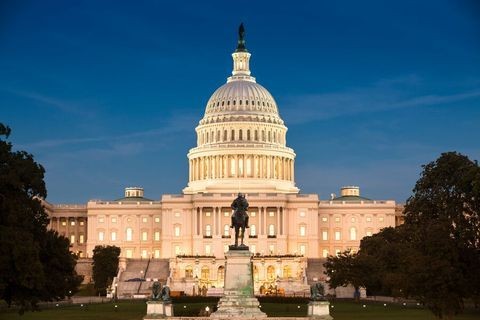David H. Favre, III
Overview
David’s practice focuses on government contracts and white collar matters, including internal investigations and defense of government investigations. He draws on his prior service in the U.S. Marine Corps and at the U.S. Court of Federal Claims to counsel government contractors on a range of issues.
Career & Education
- U.S. Court of Federal Claims
Law Clerk, Honorable Richard A. Hertling, 2020–2022 - Department of Defense
Combat Engineer, 6thEngineer Support Battalion, U.S. Marine Corps, 2010–2015
- U.S. Court of Federal Claims
- Georgetown University Law Center, J.D., cum laude, 2020
American Criminal Law Review: editor, Annual Survey of White Collar Crime - Southern Illinois University Edwardsville, B.A., summa cum laude, philosophy, 2016
- Georgetown University Law Center, J.D., cum laude, 2020
- District of Columbia
- U.S. Court of Federal Claims
David's Insights
Publication | 02.06.26
Firm News | 9 min read | 01.09.26
Crowell & Moring Elects 15 New Partners, Promotes One to Senior Counsel and 26 to Counsel
Client Alert | 7 min read | 07.29.25
Insights
- |
08.01.25
Crowell & Moring’s Government Contracts Legal Forum
Crowell’s Crisis Handbook: A Desktop Investigations Guide
|05.20.25
Crowell & Moring’s Transportation Law: Moving Forward
David's Insights
Publication | 02.06.26
Firm News | 9 min read | 01.09.26
Crowell & Moring Elects 15 New Partners, Promotes One to Senior Counsel and 26 to Counsel
Client Alert | 7 min read | 07.29.25






